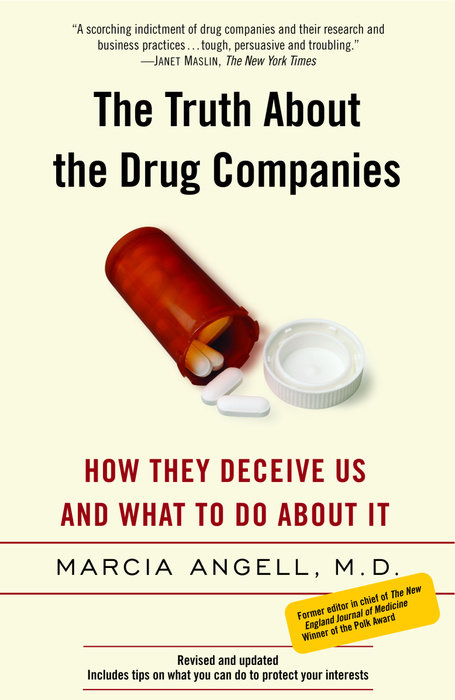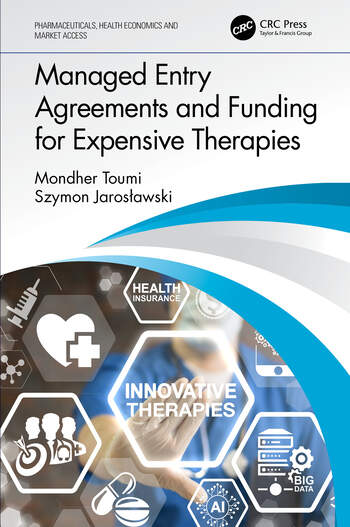The message:
We introduce a regulatory approach we term “Pricing for Medicine Innovation” (PMI), which departs dramatically from the market-equilibrium assumptions of conventional (neoclassical) economics. The PMI approach recognizes the centrality of collective investments by government agencies and business firms in the productive capabilities that underpin the drug development process. PMI specifies the conditions under which, at the firm level, drug pricing can support both sustained investment in these capabilities and improved patient access. PMI can advance both of these objectives simultaneously by regulating not just the level of corporate profit but also its allocation to reinvestment in the drug development process. PMI suggests that although price caps are likely to improve drug affordability, there remain two potential issues with this pricing approach. Firstly, in an innovation system where a company’s sales revenue is the source of its finance for further drug development, price caps may deprive a firm of the means to invest in innovation. Secondly, even with adequate profits available for investment in innovation, a firm that is run to maximize shareholder value will tend to use those profits to fund distributions to shareholders rather than for investment in drug innovation. We argue that, if implemented properly, PMI could both improve the affordability of medicines and enhance the innovative performance of pharmaceutical companies.












